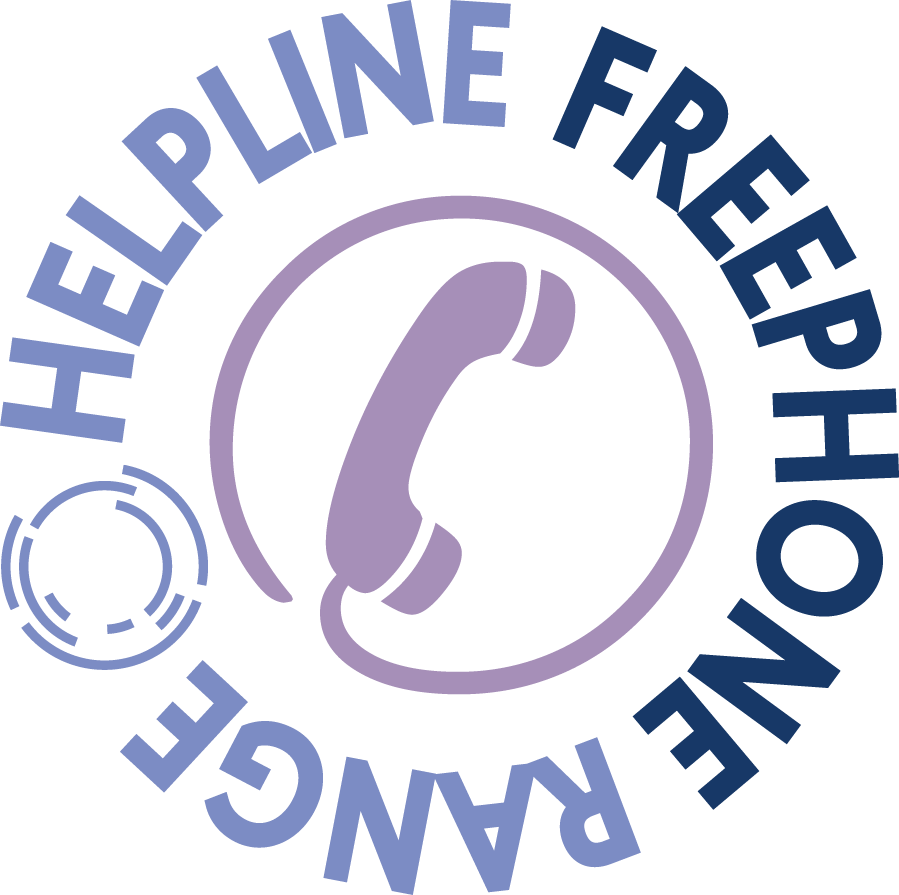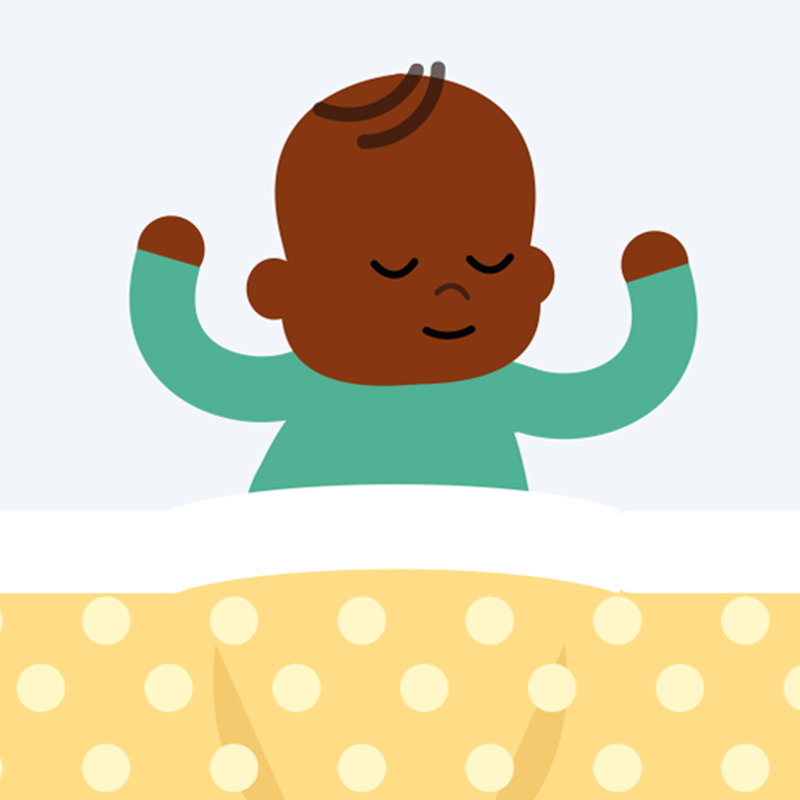
Sleeping position
Always put your baby on their back for every sleep, day and night, as the chance of SIDS is particularly high for babies who are sometimes placed on their front or side.
Following safer sleep advice can significantly reduce the chances of sudden infant death syndrome (sometimes called SIDS or cot death) occurring. Follow this advice until your child is 12 months old (adjusted for premature babies).
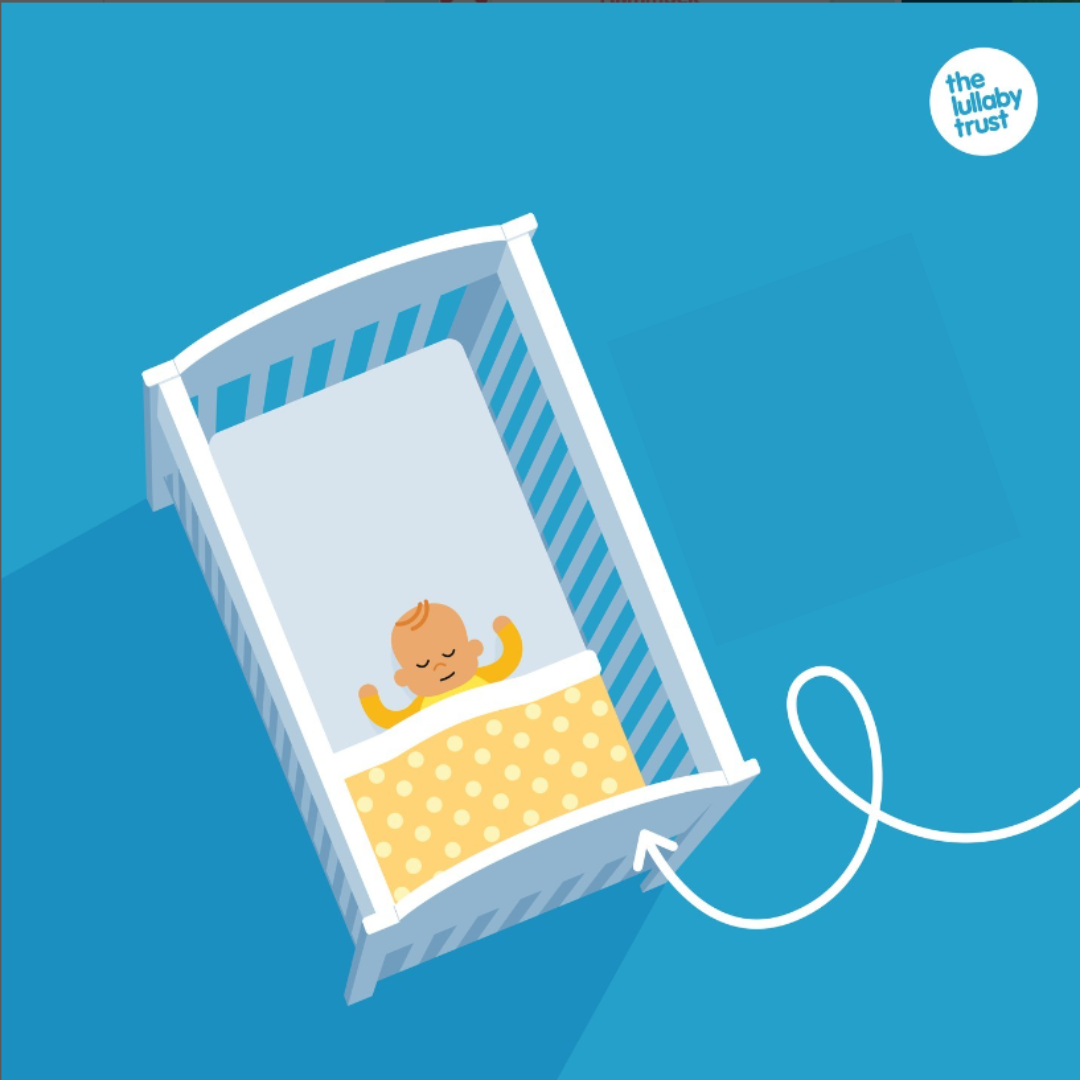
Lie your baby on their back
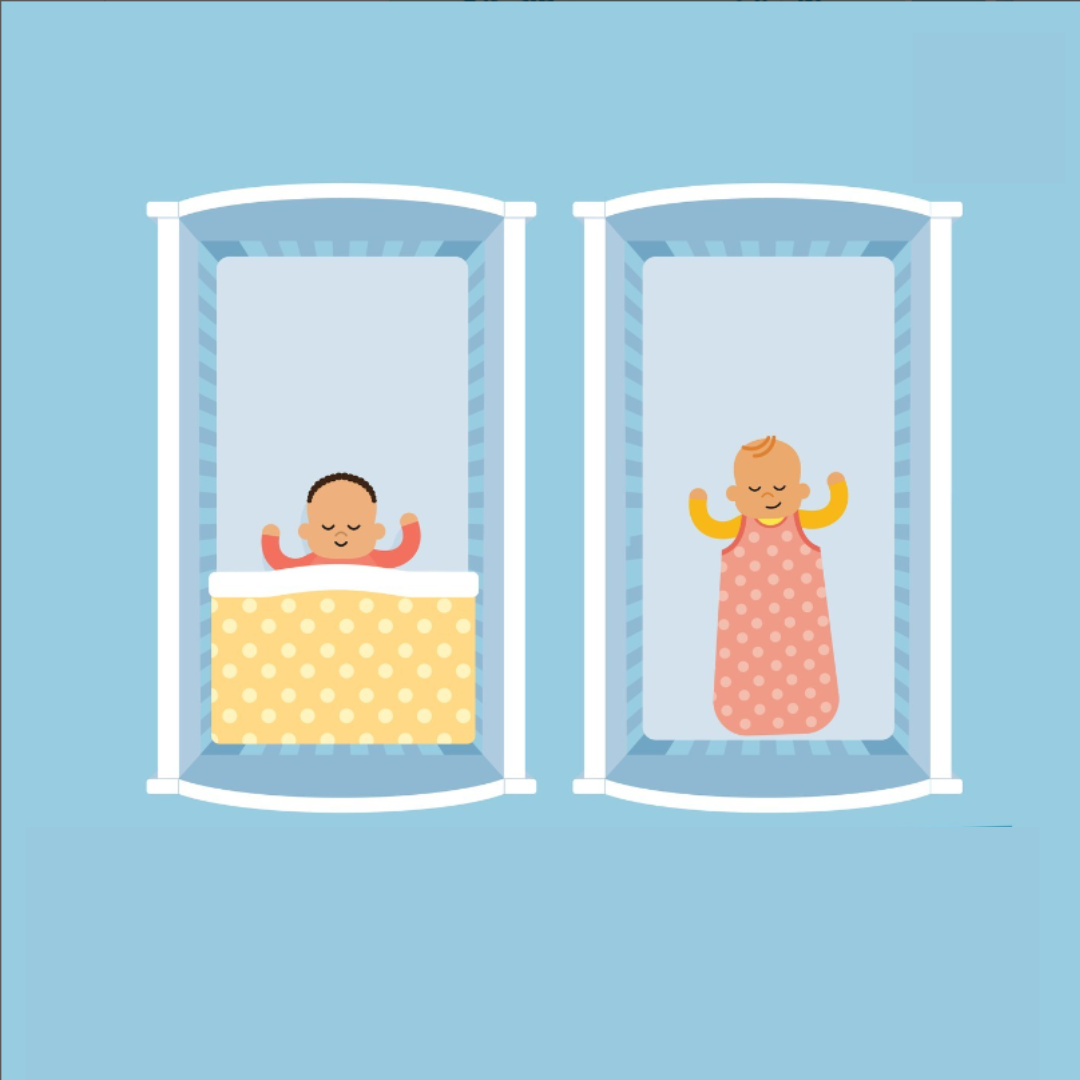
Keep the sleep space clear
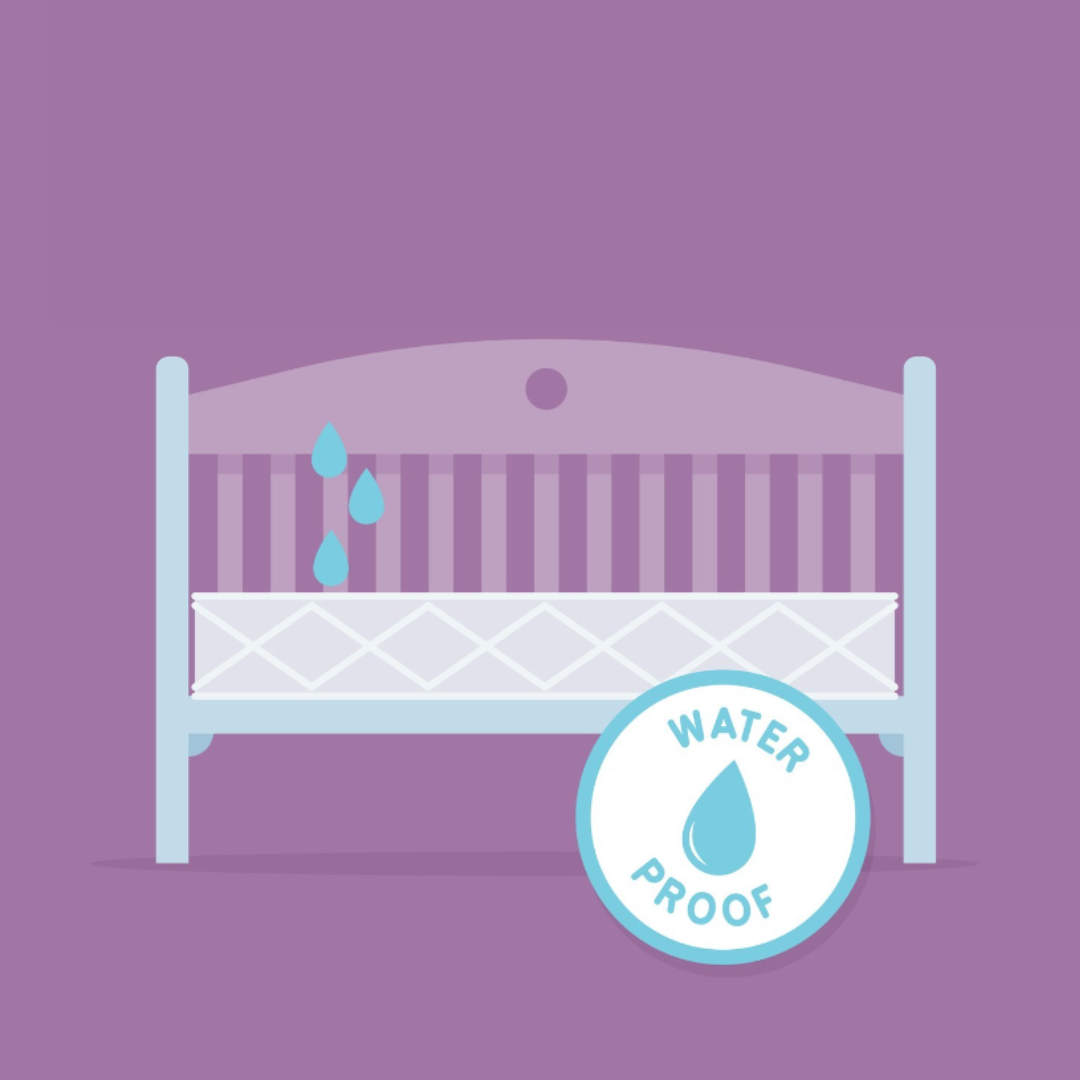
Use a firm, flat, waterproof mattress
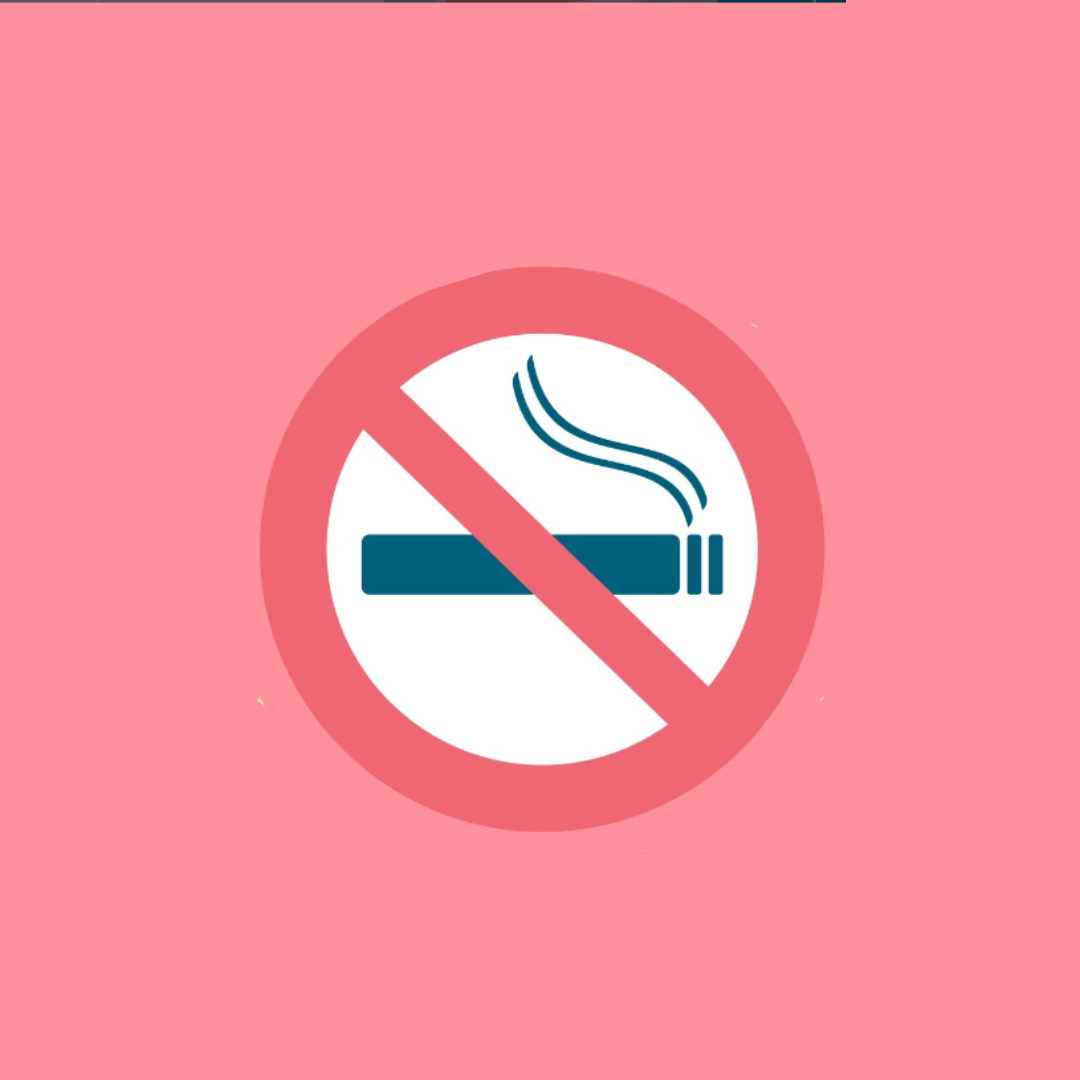
Keep your baby smoke-free
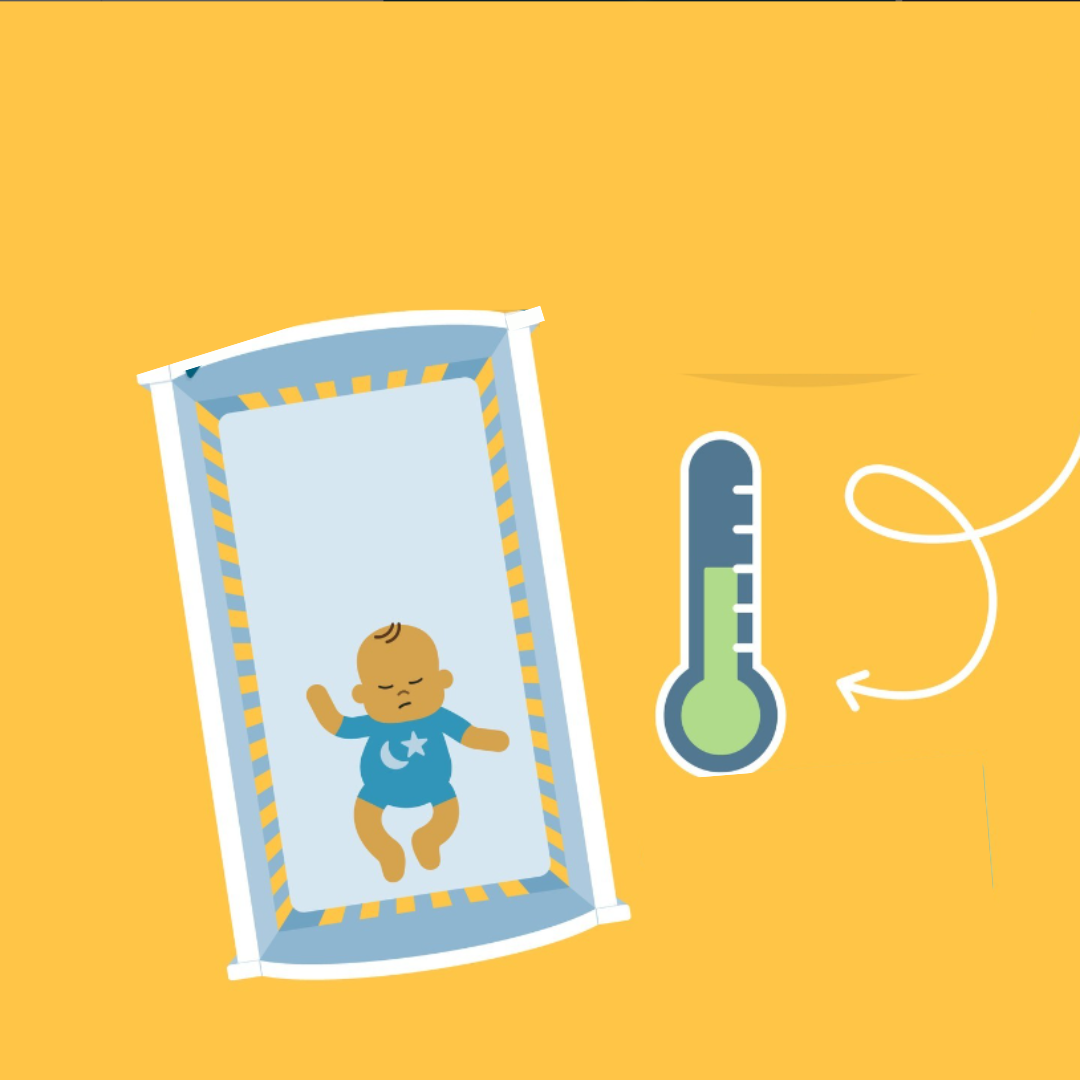
Avoid your baby overheating

Sleep your baby in the same room as you for at least the first six months
(Note: Information for professionals is available in the main navigation above this page)

Always put your baby on their back for every sleep, day and night, as the chance of SIDS is particularly high for babies who are sometimes placed on their front or side.
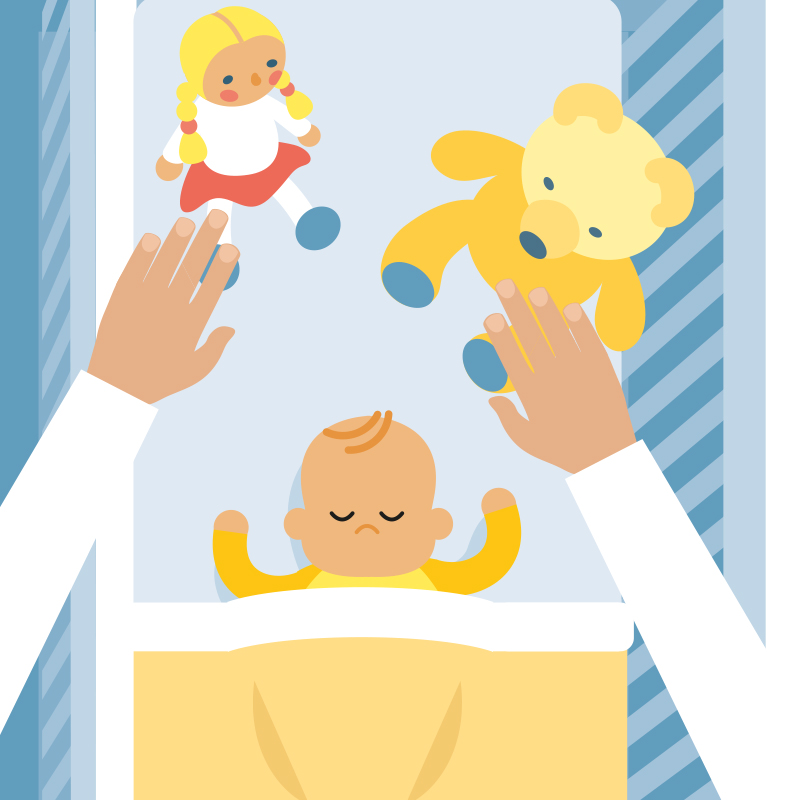
Babies are at higher risk of SIDS if they have their heads covered, so it is safest to keep baby’s cot clear of any items such as bumper, toys and loose bedding.
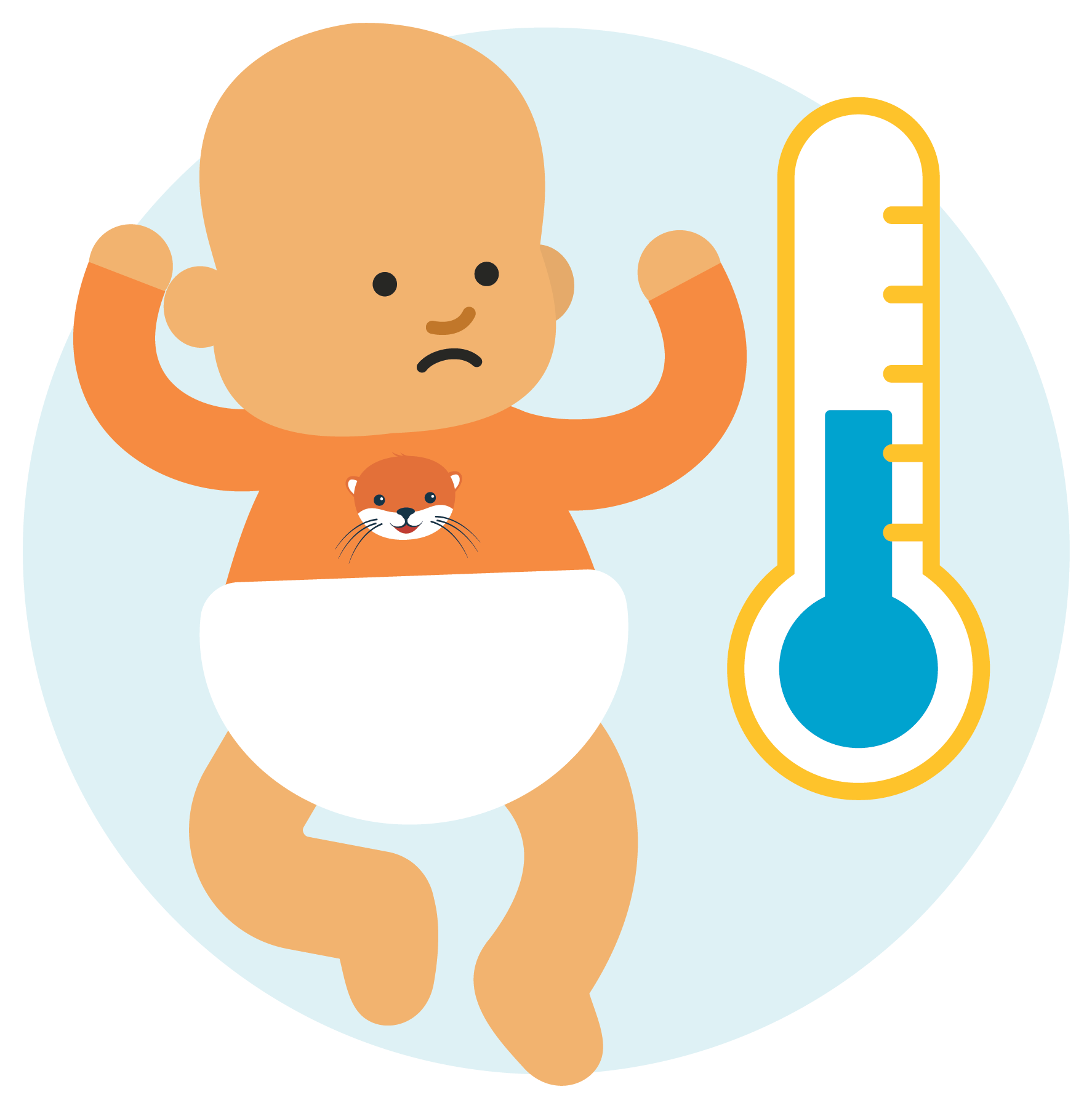
It is important to make sure that your baby’s room is a comfortable temperature – not too hot or too cold. The chance of SIDS is higher in babies who get too hot. Try to keep the room temperature between 16 -20°C.
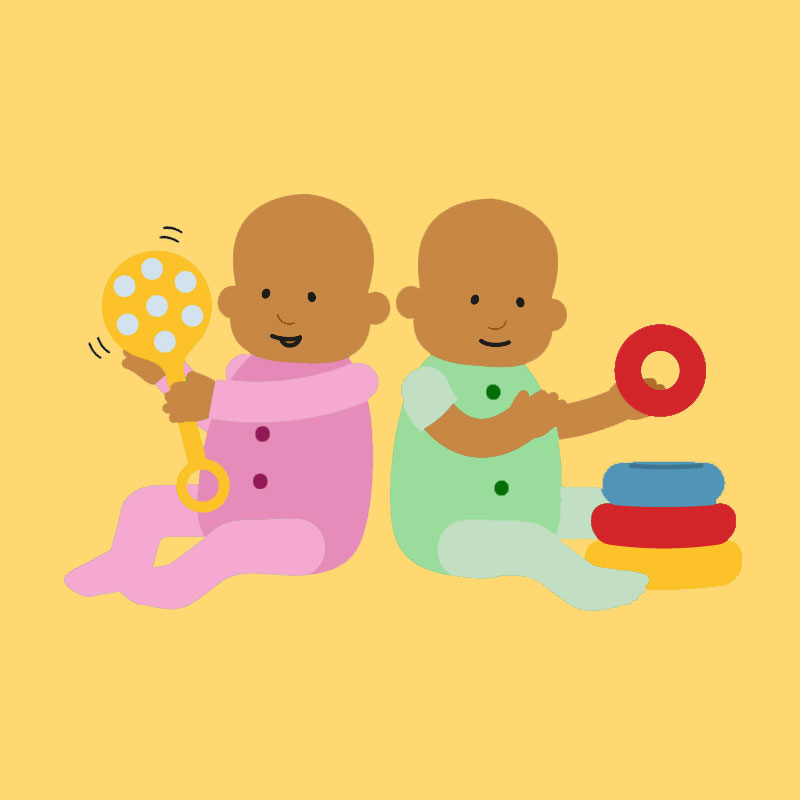
Whether you decide to sleep your babies in the same cot or separately, the risk of SIDS will be greatly reduced if you follow all of our safer sleep advice for each baby, day and night.
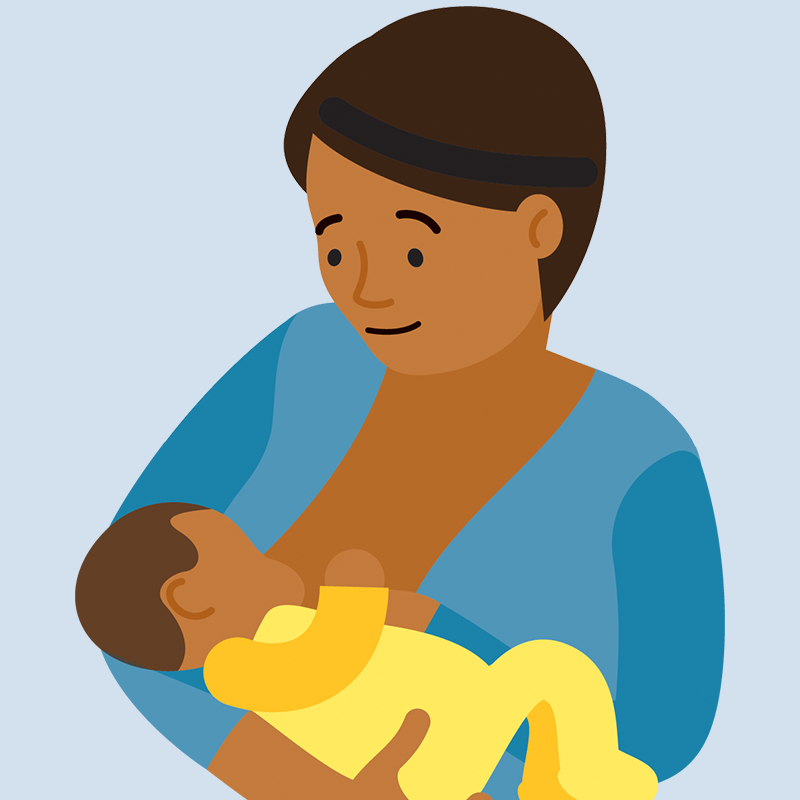
Breastfeeding lowers the risk of SIDS. Breastfeeding for at least 2 months halves the risk of SIDS but the longer you can continue the more protection it will give your baby.
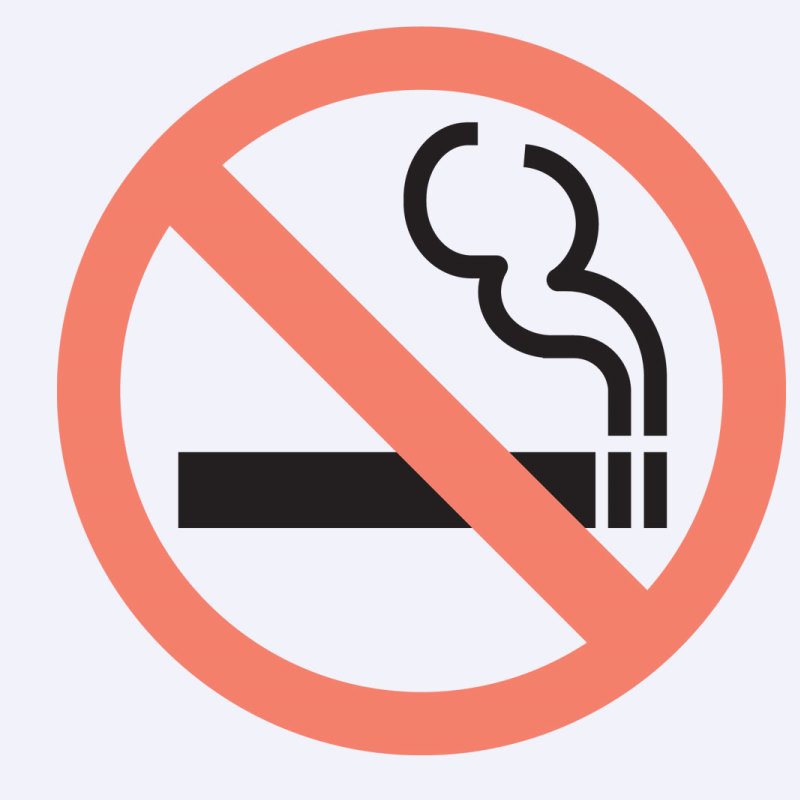
If you or your partner smokes while you’re pregnant or after your baby is born, the risk of SIDS is greatly increased.
If you’re looking for a quick summary of the main points of safer sleep advice, you can watch our three minute animation. It’s also a great option for sharing with other people who care for your baby.
We also have an overview page which covers the safer sleep basics. Tap the yellow button to read.

SIDS stands for sudden infant death syndrome (also known as cot death). No-one knows what causes SIDS but research has shown that following safer sleep advice significantly reduces the chance of SIDS occurring.
More information about SIDS(Note: Information for professionals is available in the main navigation above this page)
